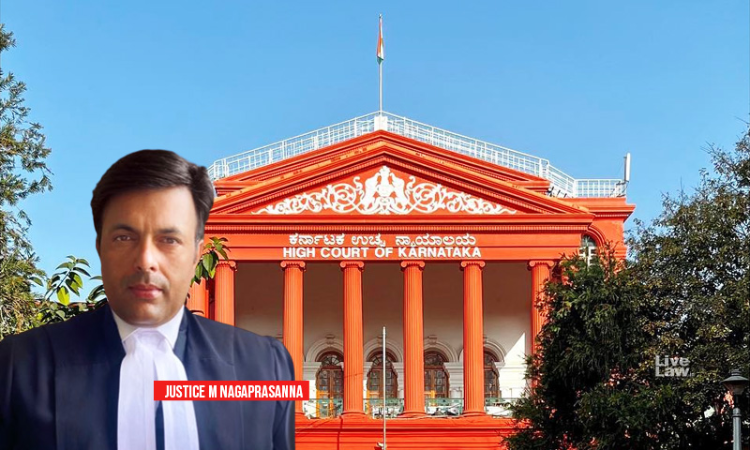The Karnataka High Court has refused to quash criminal proceedings initiated by the CBI against a doctor facing allegations of malpractice in the entrance test conducted by the Rajiv Gandhi University of Health Sciences (RGUHS) for admission to a postgraduate medical course in 2006.Justice M Nagaprasanna found that the petitioner's discharge was not warranted based on some witness statements...

